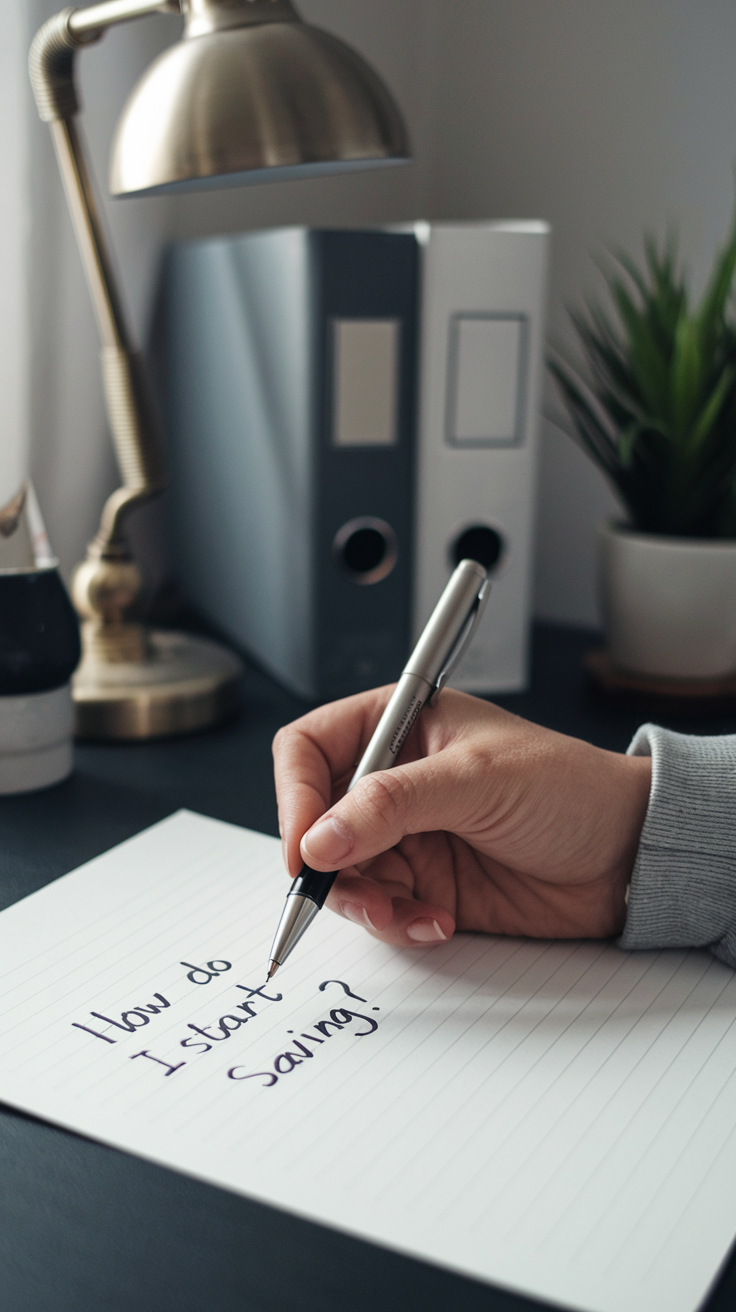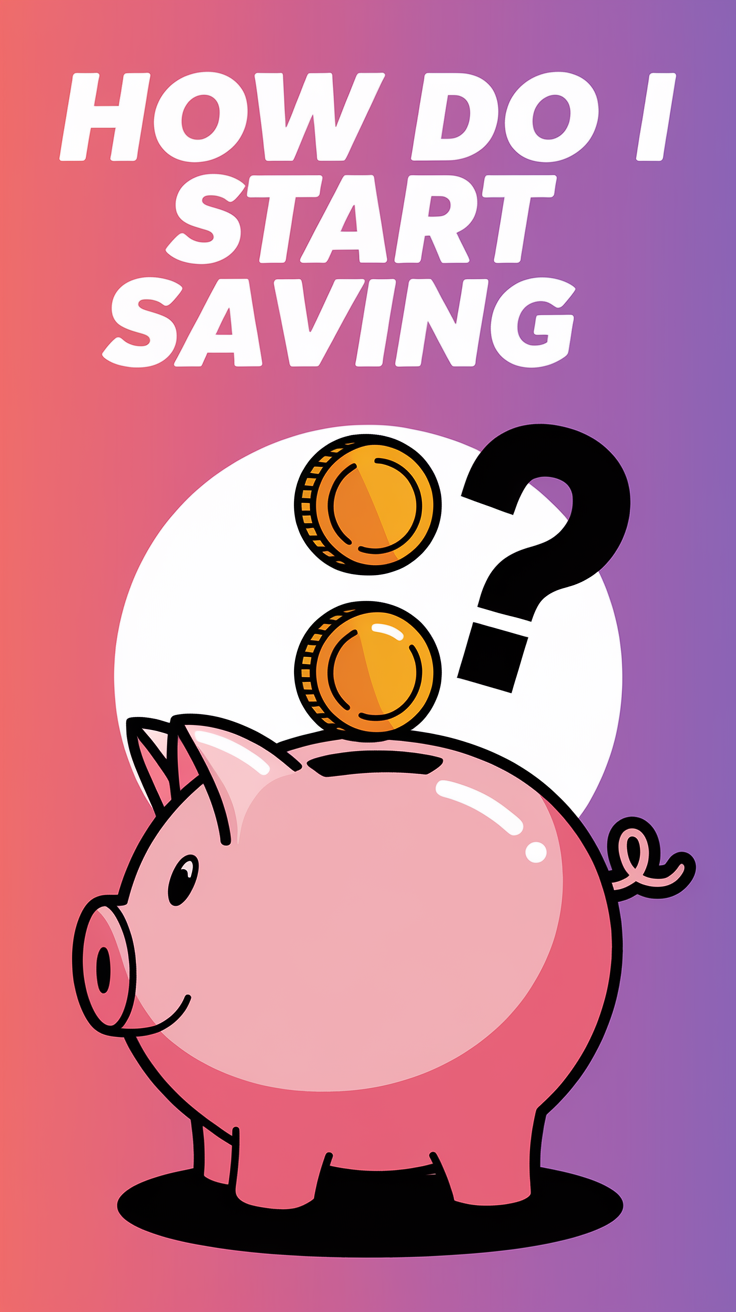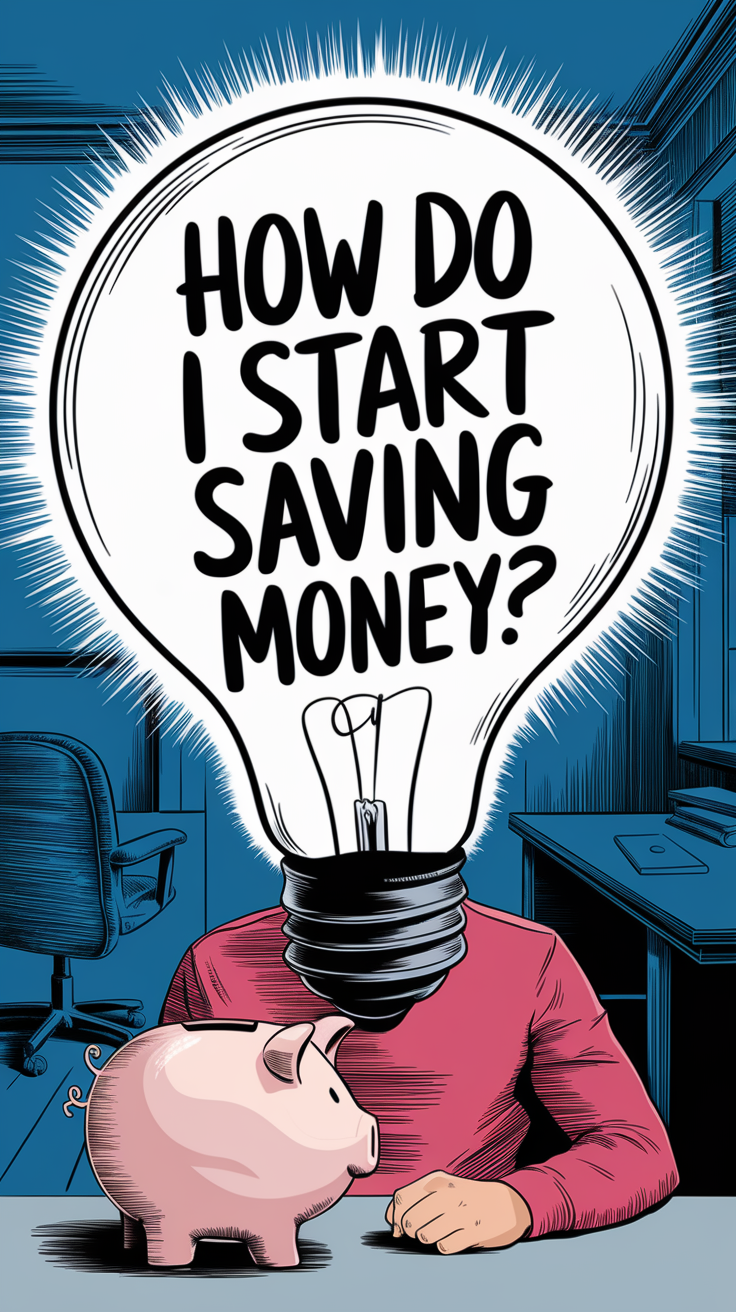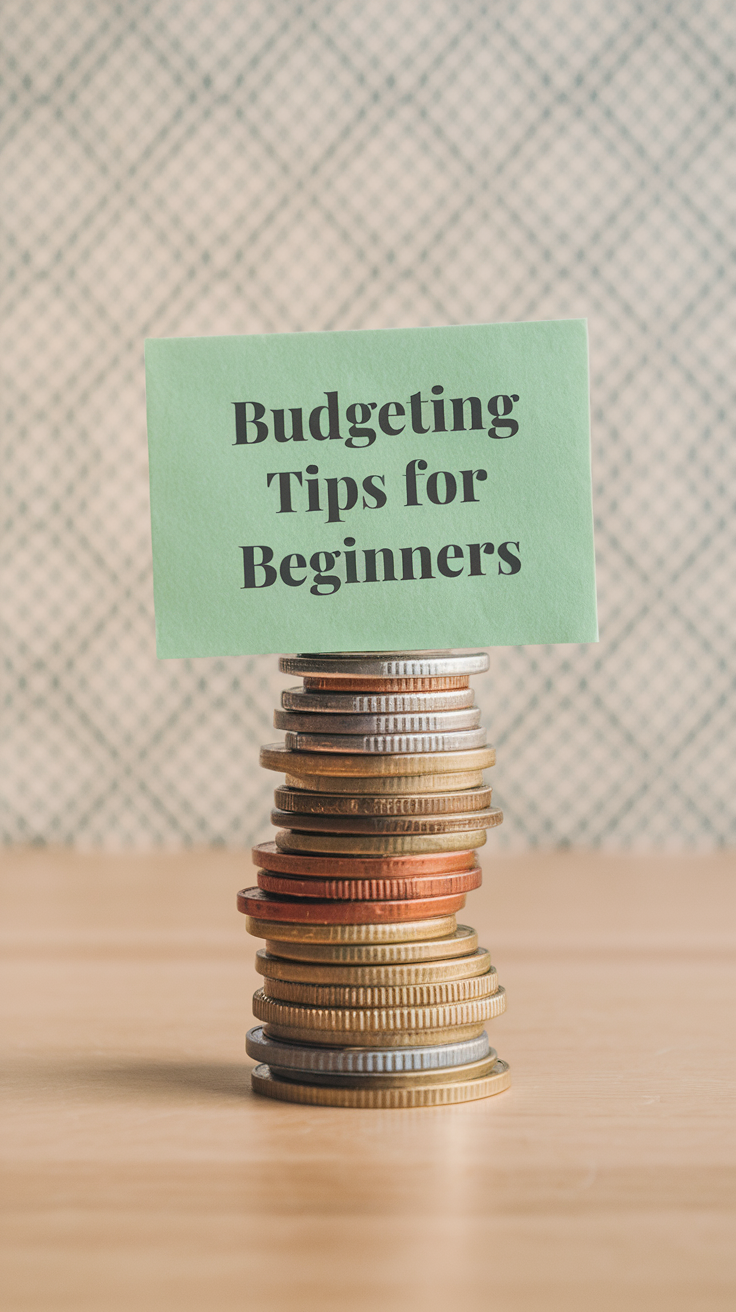How Do I Start Saving My Money?
Starting to save money is one of the most empowering steps you can take toward financial independence. Whether you’re looking to build an emergency fund, save for a major purchase, or secure your retirement, the process requires planning, discipline, and a few smart strategies. In this guide, I’ll share practical tips to help you kickstart your savings journey and achieve your financial goals.
Understanding Your Financial Landscape

Track Your Expenses
To save effectively, you need to know where your money goes. Begin by tracking every expense—from rent and groceries to that daily coffee. Categorize your spending to identify areas where you might cut back.
| Category | Monthly Spending (€) |
|---|---|
| Rent/Mortgage | 800 |
| Groceries | 300 |
| Transportation | 150 |
| Entertainment | 100 |
| Miscellaneous | 200 |
| Total | 1,550 |
Create a Realistic Budget
Once you understand your spending, create a budget that aligns with your income and goals. Use the 50/30/20 rule:
- 50% Needs: Essentials like housing, utilities, and groceries.
- 30% Wants: Non-essential items like dining out or entertainment.
- 20% Savings: Emergency funds, investments, or debt repayment.
Setting Clear Savings Goals
Define Your Objectives
Decide why you’re saving. Is it for a vacation, a new car, or an emergency fund? Having specific goals keeps you motivated and focused.
Establish a Timeline
Set deadlines for your goals. For example, saving €5,000 for a down payment in two years means putting aside approximately €208 monthly. Breaking goals into manageable chunks makes them less overwhelming.
Visualize Your Goals
Keep reminders of your objectives—whether it’s a photo of your dream home or a progress chart. These visual cues reinforce your commitment.

Implementing Effective Saving Strategies
Pay Yourself First
Treat savings as a non-negotiable expense. Automate transfers to a savings account as soon as your paycheck arrives. This ensures consistent progress.
Gamify Your Savings
Make saving fun by setting challenges. For instance, save all your €5 notes for a month or try the “52-Week Challenge,” where you save increasing amounts weekly.
| Week | Amount to Save (€) | Total Saved (€) |
| 1 | 5 | 5 |
| 10 | 50 | 275 |
| 20 | 100 | 1,050 |
| 52 | 260 | 6,890 |
Building an Emergency Fund
Why It’s Important
An emergency fund protects you from unexpected expenses like medical bills or car repairs. Aim for 3–6 months of living expenses.
Starting Small
Begin with small, regular contributions. For example, saving just €50 weekly adds up to €2,600 in a year.
Best Places to Save
Store your emergency fund in a high-yield savings account. It offers better interest rates while keeping your money easily accessible.
Boosting Your Income
Side Hustles
Explore freelance opportunities, sell unused items, or monetize your hobbies. Every extra euro can accelerate your savings goals.
Employer Benefits
Maximize your employer’s retirement plans, especially if they offer matching contributions. This free money significantly boosts your savings over time.
Reducing Expenses to Save More

Cut Non-Essentials
Review subscriptions, dining out habits, and luxury purchases. Ask yourself if each expense aligns with your priorities.
Practice Mindful Spending
Pause before purchases. Will this item bring lasting value, or is it an impulse buy? Mindfulness can prevent unnecessary spending.
Exploring Savings Vehicles
High-Yield Savings Accounts
These accounts offer better interest rates than traditional savings, allowing your money to grow faster.
Investment Options
For long-term goals, consider mutual funds, ETFs, or bonds. Ensure you’re comfortable with the risks and consult a financial advisor if needed.
Addressing Psychological Barriers
Overcoming Fear and Guilt
Starting small is okay. Even saving €10 weekly is progress. Focus on building the habit rather than the amount.
Celebrating Milestones
Reward yourself when you hit savings goals. Small treats can motivate you to stay on track.
Common Pitfalls to Avoid
- Neglecting Small Savings: Every little bit adds up over time.
- Ignoring Emergencies: Without a fund, emergencies can derail your budget.
- Over-Restricting Yourself: A budget that’s too tight can lead to frustration and splurges.
Conclusion
Saving money isn’t just about cutting expenses; it’s about creating a financial system that works for you. By setting goals, tracking progress, and staying consistent, you’ll build a stable financial future. Start today and experience the freedom and confidence that come with financial security.
FAQs
How much should I save each month?
Aim for at least 20% of your income, but adjust based on your goals and financial situation.
What if my income is irregular?
Save a percentage of each payment and prioritize building an emergency fund to cover lean months.
Should I save or pay off debt first?
Balance both. Focus on high-interest debt while contributing to savings to avoid future reliance on credit.
What tools can help me save?
Use budgeting apps like Mint or YNAB and automate transfers to make saving effortless.
How can I stay motivated?
Visualize your goals, celebrate milestones, and track your progress regularly.






